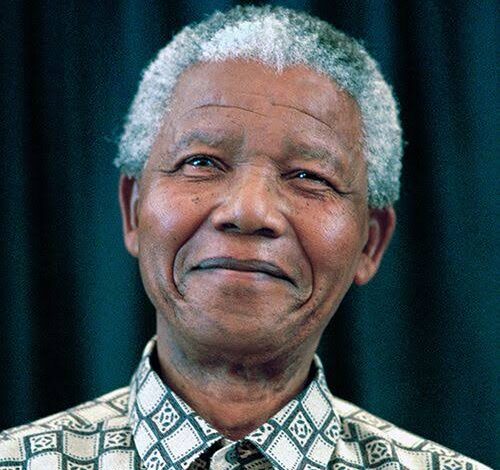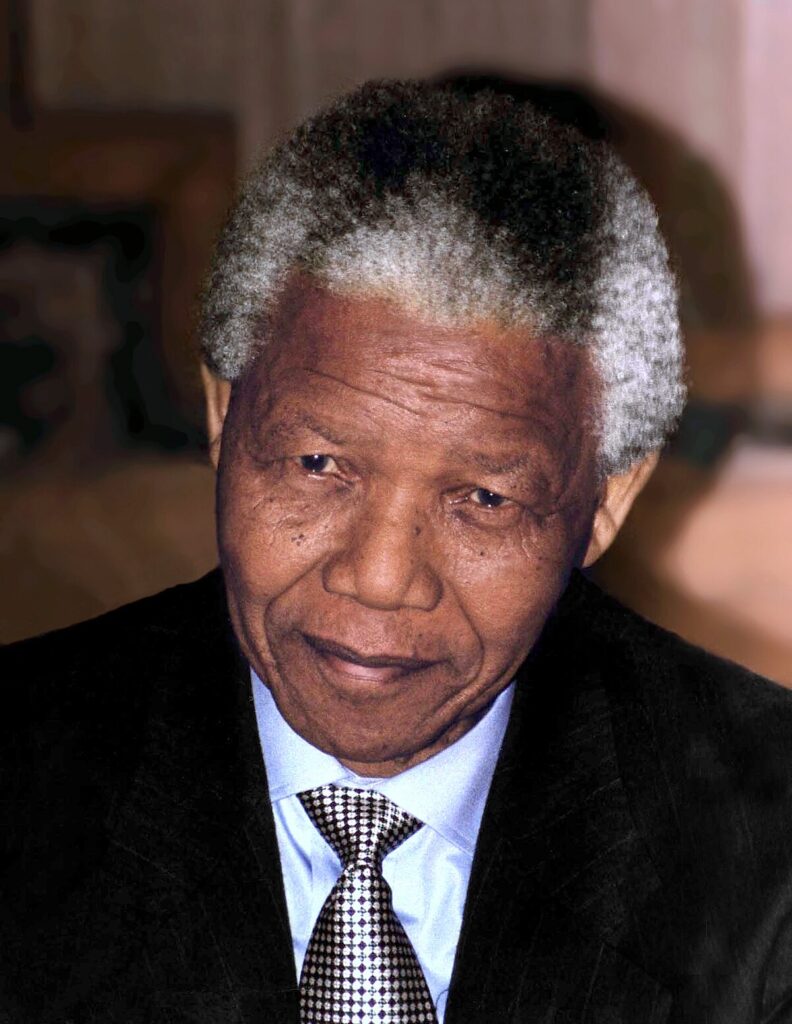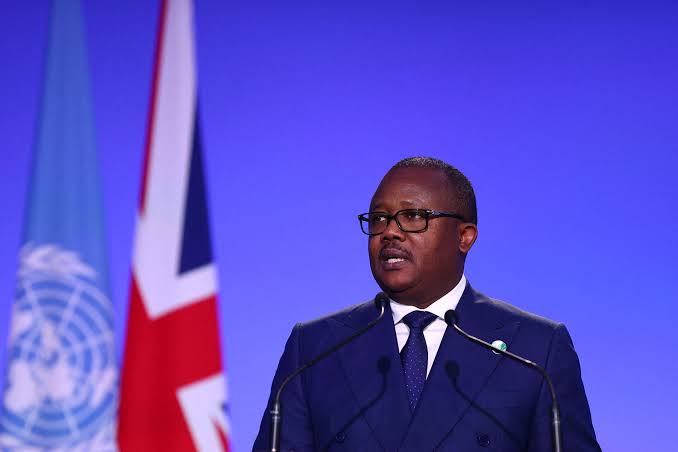
Faith Nyasuguta
As murals of Nelson Mandela’s smiling face continue to grace buildings, South Africa observed the 10th anniversary of his passing with a mix of admiration for his integrity and disappointment in the nation’s trajectory since.
Despite the absence of official ceremonies, the memory of Mandela, who emerged from prison in 1991 to end apartheid, lingered. Nobel Peace Prize laureate Malala Yousafzai delivered a lecture for the Mandela Foundation.
Mandela, who died after a long illness, brought pride and hope to a country torn apart by more than four decades of repressive white minority rule.
But after nearly three decades of government by his African National Congress (ANC), inequality has grown, according to the World Bank, corruption is rife and crippling power cuts hit each day.
“We love what he has done; we love the freedom he has given us,” expressed Prosper Nkosi, residing near Mandela’s old house in Soweto.
However, sentiments of limited progress after a decade echoed, as Johannesburg resident Njabulo Mngadi urged a rediscovery of the “Mandela spirit” to propel further reforms, emphasizing the existing challenges.
As South Africa approaches the 2024 national election, polls indicate the ANC’s vote share might drop below 50%, prompting intensified criticism from opposition parties directed at President Cyril Ramaphosa’s beleaguered ANC.
Despite prevalent doubts and challenges, hope for a better future persists.

Mandela, who passed away at 95, shared the Nobel Peace Prize with F.W. de Klerk, the white president instrumental in his 1990 release and the subsequent negotiation to end minority rule.
Dave Steward of the F.W. De Klerk Foundation acknowledged the challenges faced by present-day South Africa but highlighted Mandela’s enduring legacy in sustaining constitutional democracy.
While murals and statues of Mandela globally symbolize his struggle against 27 years of imprisonment and his presidency from 1994 to 1999, criticism, particularly from younger South Africans, led the Mandela Foundation to organize the “Mandela is Dead” exhibition in Johannesburg. This initiative seeks to explore new ideas for transformative change.
Verne Harris, the foundation’s acting president, acknowledged the “deep nostalgia” after Mandela’s death but cautioned against it turning into “destructive energy.”
Harris suggested that, perhaps, it’s time to let go of Mandela and explore new role models for guiding South Africa’s future.
RELATED:




